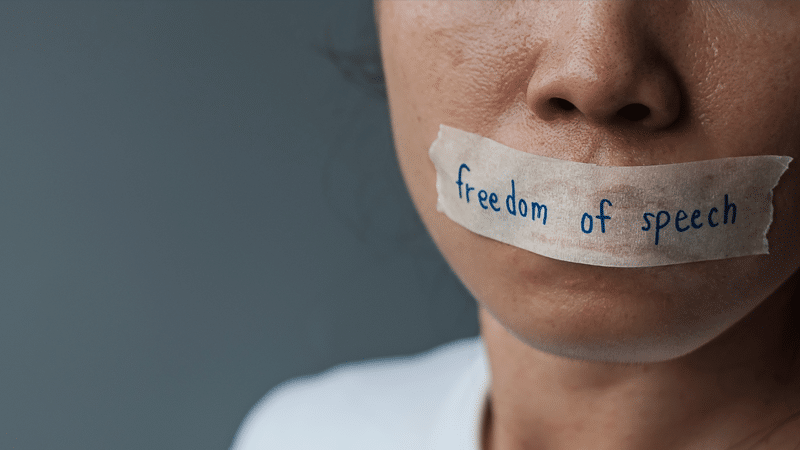The Christian Institute has warned the Government that defining ‘Islamophobia’ could undermine “healthy debate and democratic discussion”.
In response to the Islamophobia Working Group’s Call for Evidence, the Institute emphasised that laws “already protect people of all faiths and none from discrimination, hatred and violence”. In contrast, a specific term would fuel calls for other “‘religion-phobia’ definitions, which could stifle debate between beliefs”.
The working group has been given six months to agree suitable wording. The Labour Party’s current definition, which has been slammed for being too broad, claims: “Islamophobia is rooted in racism and is a type of racism that targets expressions of Muslimness or perceived Muslimness.”
Democracy
The Institute explained: “A new term risks confusing criticism of Islam as a religion – a democratic right – with hostility to Muslims as people. This confusion is most explicit with the term Islamophobia.”
Quoting the Casey Review, the organisation raised a concern that it could also impact public safety as many public institutions have turned a blind eye to “harmful cultural and religious practices” for fear of being labelled “Islamophobic”.
The Institute added: “Formally embracing a concept of ‘cultural racism’ risks threatening the freedom to criticise aspects of Islamic culture. A member of an organisation that has signed up to this kind of definition could be disciplined for Islamophobia if they criticise mandatory female head coverings or suggest that UK law is preferable to sharia law.
“Free speech protections are afforded for discussion and criticism of religion under section 29J of the Public Order Act, which do not apply to race. If defined as a race, Islam could therefore receive special protection from criticism, thereby undermining healthy debate and democratic discussion.”
‘Censorship’
In a joint letter to the Government, the National Secular Society (NSS) also called for the proposals to be ditched.
The letter, which was signed by ten groups, warned that a definition “will do little to tackle prejudice and much to exacerbate problems by encouraging censorship, identity-based grievance, and the policing of speech”.
NSS Chief Executive Stephen Evans stated: “In addition to endangering freedom of expression, an ‘Islamophobia’ definition would risk fragmenting society further and undermining equal treatment before the law.”
‘Secretive’
The Working Group itself has also come under fire for a lack of transparency, with critics describing the plans as a “secretive” attempt to rubberstamp a controversial definition.
Threatening legal action, the Free Speech Union accused the Government of failing to make the call for evidence available for the majority of public to view.
It also said the consultation questions appeared “heavily weighted” in favour of a “predetermined outcome”, endorsing a definition “closely aligned” with the one currently adopted by the Labour Party.
The Government has now announced that the Call for Evidence will run for an extra week until Sunday 20 July. A link to the consultation form has also been made public.
Defining ‘Islamophobia’ risks exacerbating chilling effect on free speech
Muslim politician urges Govt to reject controversial Islamophobia definition


